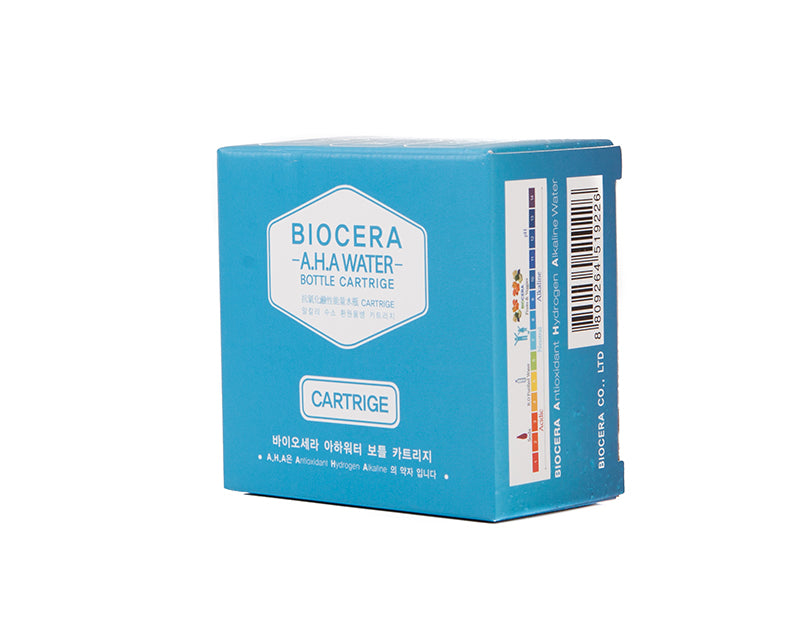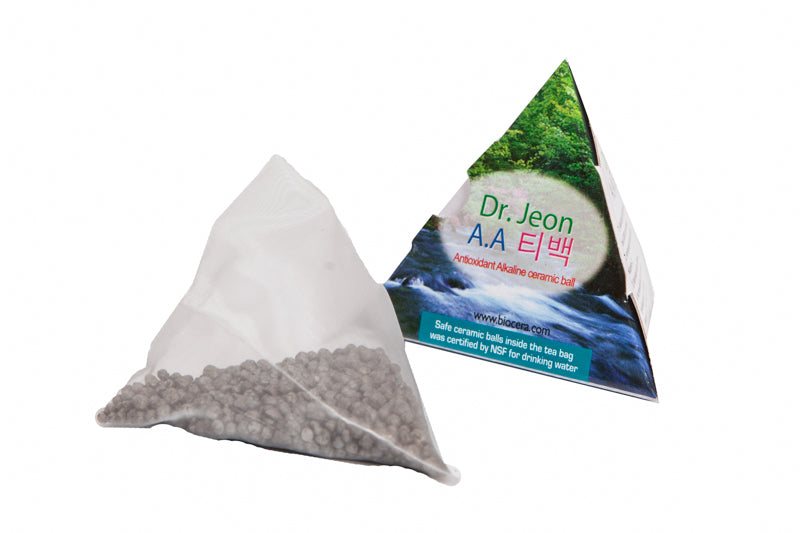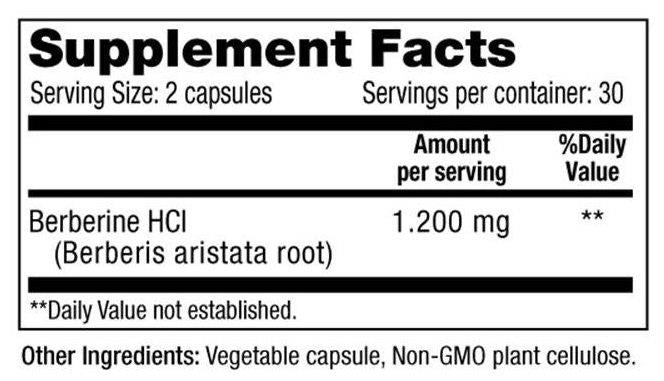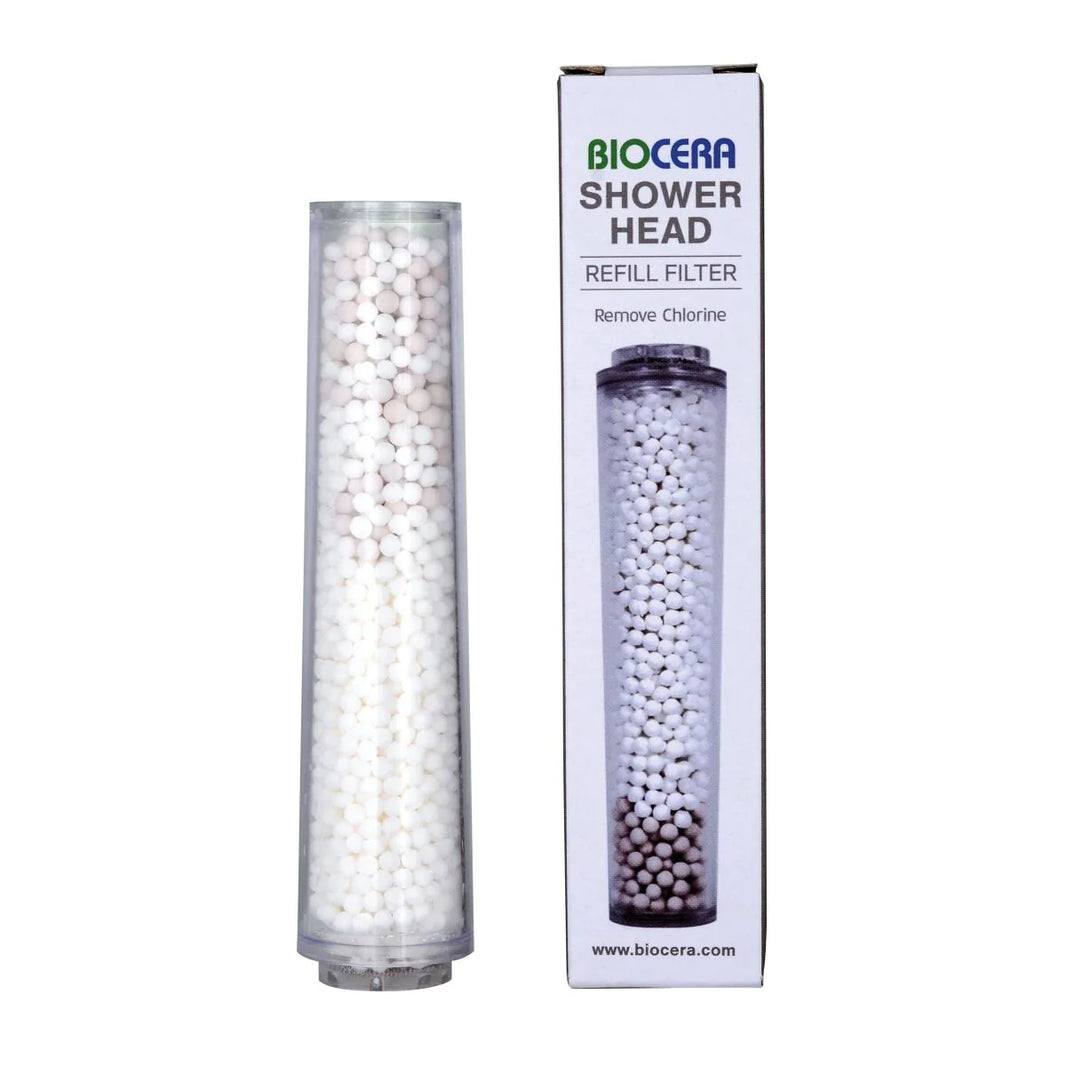What is Immunity: The Six Types of Immunity and Immune Memory
Disease forms when your body cannot eliminate waste or foreign particles.
Your immune system protects you from disease via its immune memory. Much like a memory bank, whereby your body builds up resistance to infections via exposure. Logging information and presenting a barrier to specific infections.
Like our memories, this system isn’t perfect. Your body can forget how to fight off some diseases. For example, tetanus immunity will last up to a few decades. Whereas naturally occurring immunity is remembered for much longer.
What is Immunity & The 6 Types of Immunity?
The word “immunity” comes from the Latin immunis, meaning exemption from military service, tax payments or other public services.
Immunity in the human body is how well your body can fight off foreign pathogens, like harmful microorganisms.
The immune system is a dynamic process with many moving parts.
Below is a brief outline of all 6 types of immunity:
1. Innate Immunity (Built-In)
In humans (and other mammals) bone marrow cells are trained to isolate and react to foreign substances in the body. Innate immunity is both environmental and genetic.
As such, your constitution or ability to fight infectious agents is, in part, programmed in your DNA.
Innate immunity can be further broken down into two subtypes: specific and non-specific. Specific immunity relates to your ability to fight off one type of pathogen. While non-specific immunity is how well you can resist infections in general.
2. Adaptive Immunity (On-Going)
The adaptive immune system is made up of the lymphatic system. Which is the waste removal system of the body.
It’s programmed to know the difference between self and foreign particles. Adaptive Immunity can be further broken down into two subtypes: “natural adaptive immunity” and “artificial adaptive immunity.”
Natural adaptive immunity is developed when you naturally come into contact with a pathogen. Which, in turn, trains your body to flush out that disease.
Artificial adaptive immunity, on the other hand, is acquired through deliberate action, for example a vaccination.
3. Natural Passive Immunity (Maternal)
Your natural passive immunity was passed on to you when you were in your mother’s womb.
Interestingly, this type of immunity only begins to form when maternal antibodies (MatAb) are passed through the placenta at the end of the first trimester. At approximately 12 weeks.
Natural passive immunity also develops when a baby is breastfed. Thanks to the presence of colostrum in mother’s milk.
4. Artificial Passive (Antibody Transfer)
Artificial passive immunity is also known as temporarily induced immunity. Induced by the transfer of antibodies (proteins that fight off foreign substances in the blood).
Antigens can be administered intravenously (IV), intramuscular or prophylactically, as a preventative measure in those with a weakened immune system.
Sensitised, or activated T-cells can be transferred from one human to another. T cells are the core of adaptive immunity, also known as T-lymphocyte cells.
For this process to work, you’d need to be matched with T-cells with similar DNA. Using T-cells from an unmatched donor can create a disease known as graft versus host disease.
5. Natural Active (Preparation for Future Challenges)
Throughout your lifetime, your immune systems’ T and B cells have been recording the pathogens that enter your body. Learning how to fight off invaders to keep you healthy.
Natural active immunity can involve both the innate immune system and the adaptive immune system.
Immune disorders can alter the ability of natural active immunity. In healthy people, your immune system will remember through a process known as immunological memory.
6. Artificial Active (Immunisation)
Immunisation is the main form of artificial active immunity. Whereby an antigen is introduced to your body without the symptoms of the disease. Normally used to provide immunity to serious disease.
Vaccinations come in four forms: inactivated, live, toxoids and subunit vaccines.
Examples of Natural Immunity (A.K.A Innate/ Native immunity)
Natural immunity is a form of adaptive immunity. This is the immunity that happens because of a chance contact with a disease-causing agent.
In this case, your body will build immunity to the pathogen, such as viruses, bacteria, protozoa and parasitic worms. Meaning that your body has learned to fight off that particular disease because it’s met the agent before and knows how to defeat it.
Learn more: Nature’s 5 Best Defences Against Harmful Bacteria
Examples of Artificial Immunity (A.K.A Antiserum)
Artificial immunity can be given in the form of vaccinations or antiserum, which is animal or human blood serum.
The way antiserum works is that a person who has built up immunity for a disease can pass on their immunity if they’ve previously caught a disease and recovered from it.
Other examples of artificially acquired immunity come from vaccinations
Learn More: Top 5 Vitamins to Boost the Immune System
How Long Does Natural Immunity Last?
Unlike artificially acquired immunity, natural immunity is long-lasting. Recent studies have shown that immunity in some cases can last as long as 200 years.
630 blood samples were taken over a 25-year long study that followed 45 participants. Slifka and his team looked at both artificial immunity (from a vaccine) and natural immunity (from an infection).
“Immunity from either infection or vaccination is much more long-lived than previously believed.” – Mark Slifka, PhD, Oregon Health & Science University in Portland
The researchers found that immunity for diseases like chickenpox lasted over 50 years. Viruses, on the other hand, can be remembered for as long as 200 years.
Final Thoughts
Your immune system forms with you, starting at the end of the first trimester. Developing over time to be able to fight foreign particles.
The innate and adaptive immune systems can work together to fight off infection. Artificial immunity doesn’t last as long as natural immunity formed after contracting a virus or other disease.
To enhance the innate immune system, a mother should make healthy lifestyle choices for her and her baby. Followed with at least three months of breastfeeding.
Written by best-selling author and integrative nutrition health coach Rowanna Watson, who has a passion for natural health. Rowanna is an expert in all areas of holistic health, plant-based nutrition, detoxification and personal development.
Water for Health Ltd began trading in 2007 with the goal of positively affecting the lives of many. We still retain that mission because we believe that proper hydration and nutrition can make a massive difference to people’s health and quality of life. Click here to find out more.



























Leave a comment